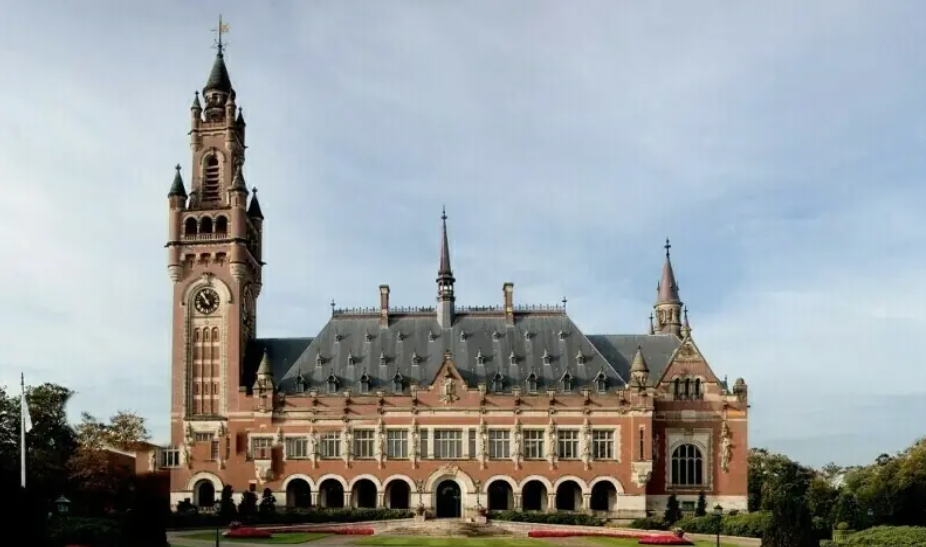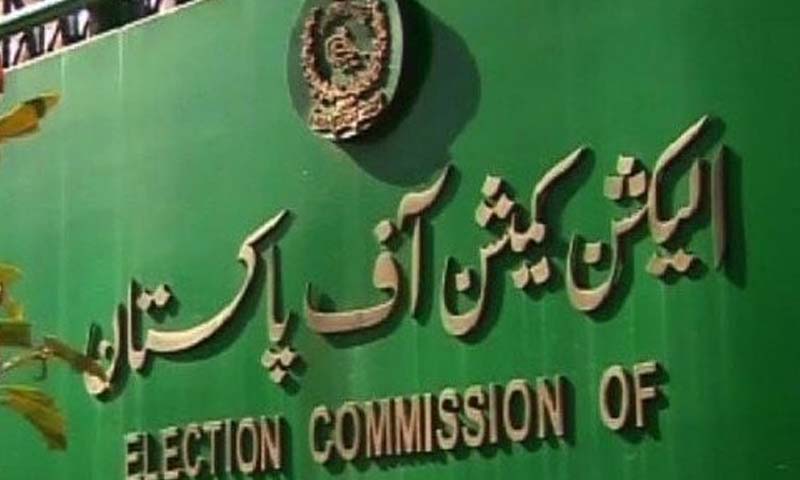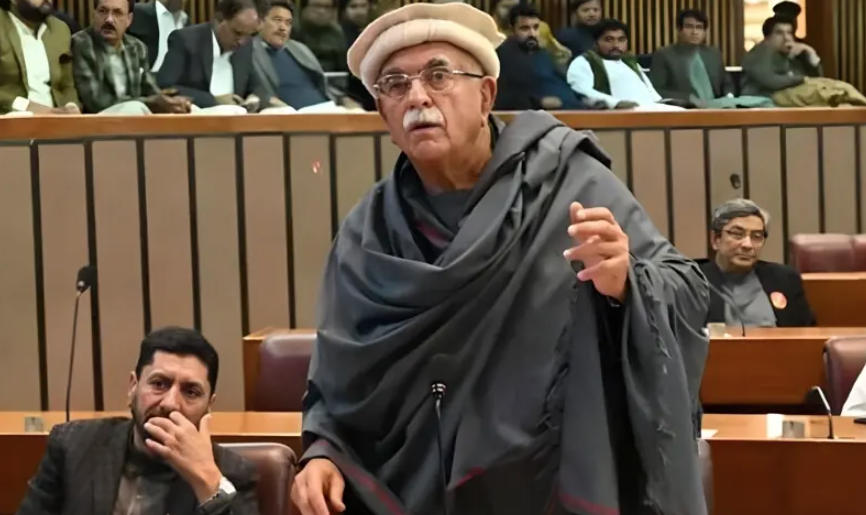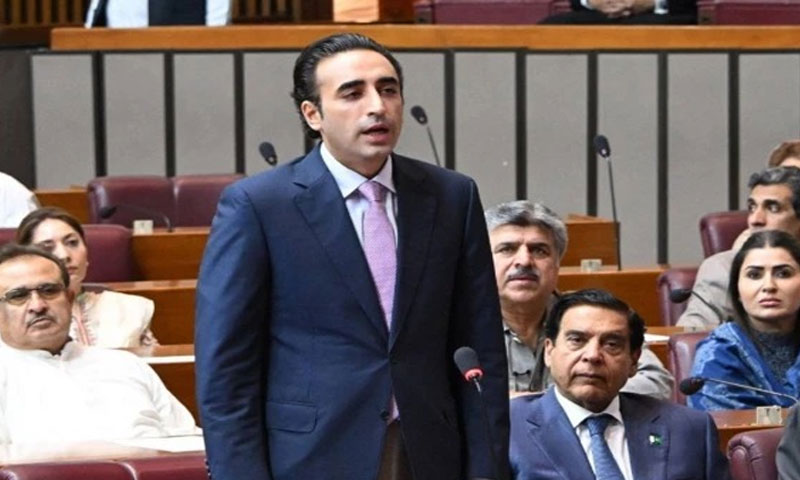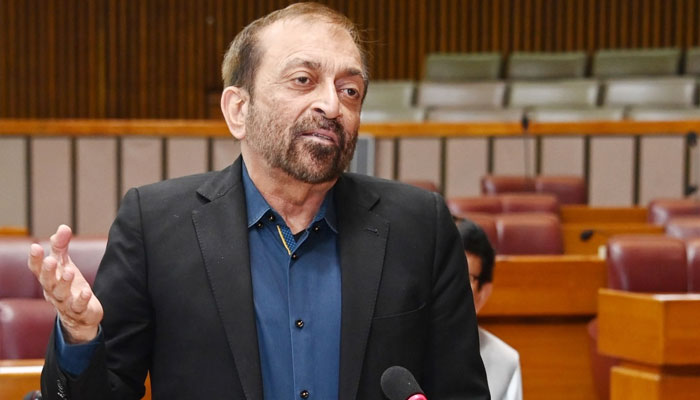POLITICS & POLICY MAKING
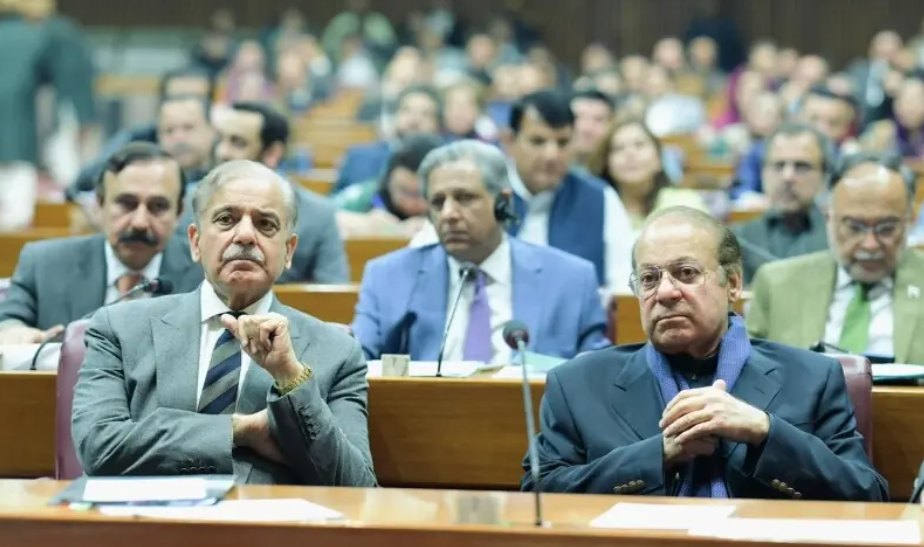
The National Assembly on Wednesday passed the 27th Constitutional Amendment Bill during a raucous and highly charged session attended by Prime Minister Shehbaz Sharif, PML-N President Nawaz Sharif, and PPP Chairman Bilawal Bhutto-Zardari.
The bill, which introduces sweeping constitutional reforms including the establishment of a Federal Constitutional Court and changes to the military command structure, was passed through both division and clause-by-clause voting. Law Minister Azam Nazeer Tarar presented the bill, which will now return to the Senate for review and final passage.
Speaker Ayaz Sadiq announced that the bill secured 234 votes in favour and four against, ensuring the government’s two-thirds majority in the 336-member house.
Prime Minister Shehbaz Sharif hailed the development as “a day of national unity,” thanking all coalition partners for their support. “This House has demonstrated solidarity and strengthened the federation. The 27th Amendment fulfils the long-standing dream of the Charter of Democracy,” he said, paying tribute to the late Senator Irfan Siddiqui for his loyalty and service.
The prime minister also condemned the recent terror attacks in Wana and Islamabad, calling them “cowardly attempts to shake Pakistan’s resolve.” He reaffirmed that the government will continue to respond firmly to terrorism, blaming cross-border elements and reiterating concerns over Indian and Afghan involvement in recent incidents.
⚖️ Charter of Democracy Fulfilled
Shehbaz credited President Asif Ali Zardari, Nawaz Sharif, Bilawal Bhutto, and coalition allies for making the constitutional court a reality, terming it “the pinnacle of democratic consensus.” He also praised Chief Justice Yahya Afridi for his constitutional support and reiterated that the Supreme Court Chief Justice will retain authority over key judicial bodies.
The prime minister further emphasized that the government’s policies had restored Pakistan’s prestige after what he termed a “decisive victory against India in May,” noting that the army chief’s elevation to field marshal was a recognition of national strength.
🗣️ Bilawal’s Address: Consensus and Federal Balance
In his address, Bilawal Bhutto-Zardari supported the amendment “in the context of Pakistan’s ongoing security challenges,” highlighting that “the country defeated terrorism before and will do so again.” He said the PPP supported changes to Article 243 — related to the command of armed forces — as part of ensuring constitutional protection to the military’s leadership structure.
Bilawal stressed that political and ideological differences must not overshadow unity against terrorism, calling for political dialogue and truth and reconciliation among parties. He rejected any rollback of the 18th Amendment or the NFC Award, warning that such actions would “empower separatists.”
The PPP chief also welcomed the inclusion of judges from all provinces in the Federal Constitutional Court, calling it “a huge success” for equitable representation.
⚔️ Ruckus in the House
The session was marred by loud protests from PTI lawmakers, who tore up copies of the bill and chanted slogans in favour of their incarcerated founder, Imran Khan. Despite the commotion, government benches shielded the prime minister and PML-N leadership, ensuring the session continued.
Information Minister Attaullah Tarar accused the opposition of “selective morality” and hypocrisy, recalling their silence during past constitutional violations. He said the amendment aimed to “strengthen governance, defence, and judicial balance,” and not to centralize power.
💬 Opposition Rejects Bill
Opposition alliance Tehreek Tahafuz Ayeen-e-Pakistan termed the amendment “dark and dangerous,” accusing the government of undermining democracy and judicial independence. PTI’s Shehryar Afridi called it “a scar on democracy,” while Barrister Gohar Ali Khan alleged that the bill “creates an elite class above the law.”
Former and sitting judges, alongside legal experts, have also raised concerns over the amendment’s impact on the Supreme Court’s powers.
Despite the criticism, the ruling coalition — comprising PML-N, PPP, MQM-P, and other allies — maintained its commanding majority and ensured the passage of the controversial legislation.
The 27th Constitutional Amendment Bill now awaits Senate approval and presidential assent to become part of Pakistan’s Constitution — marking a defining moment in the country’s evolving political and judicial landscape.
